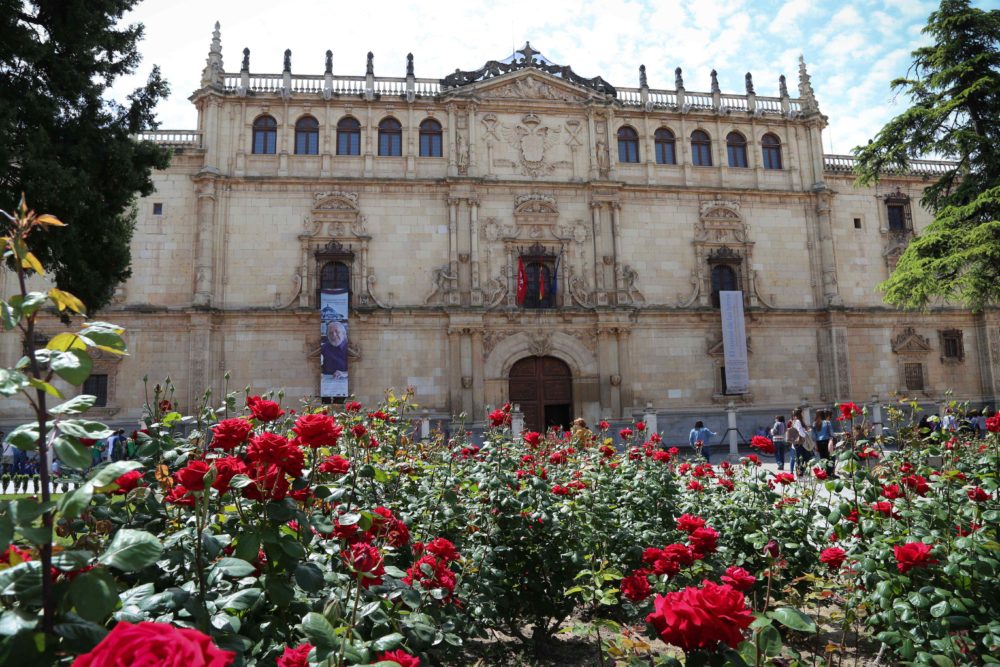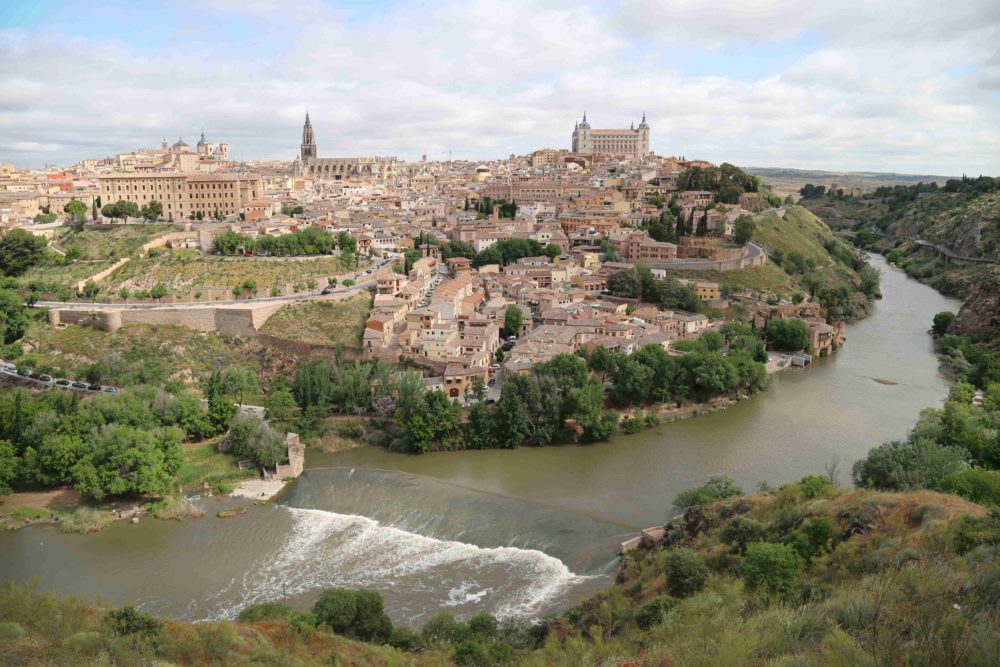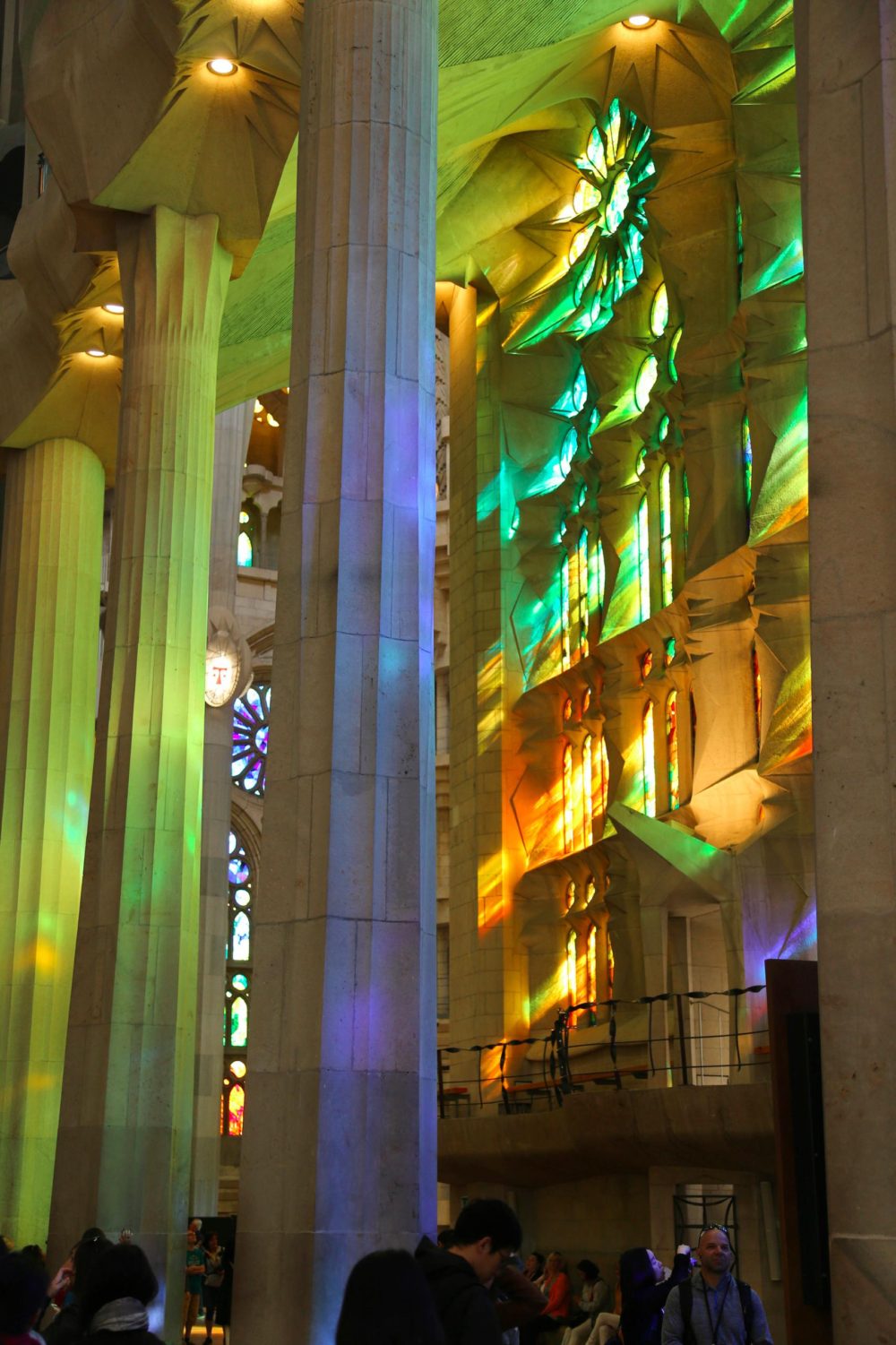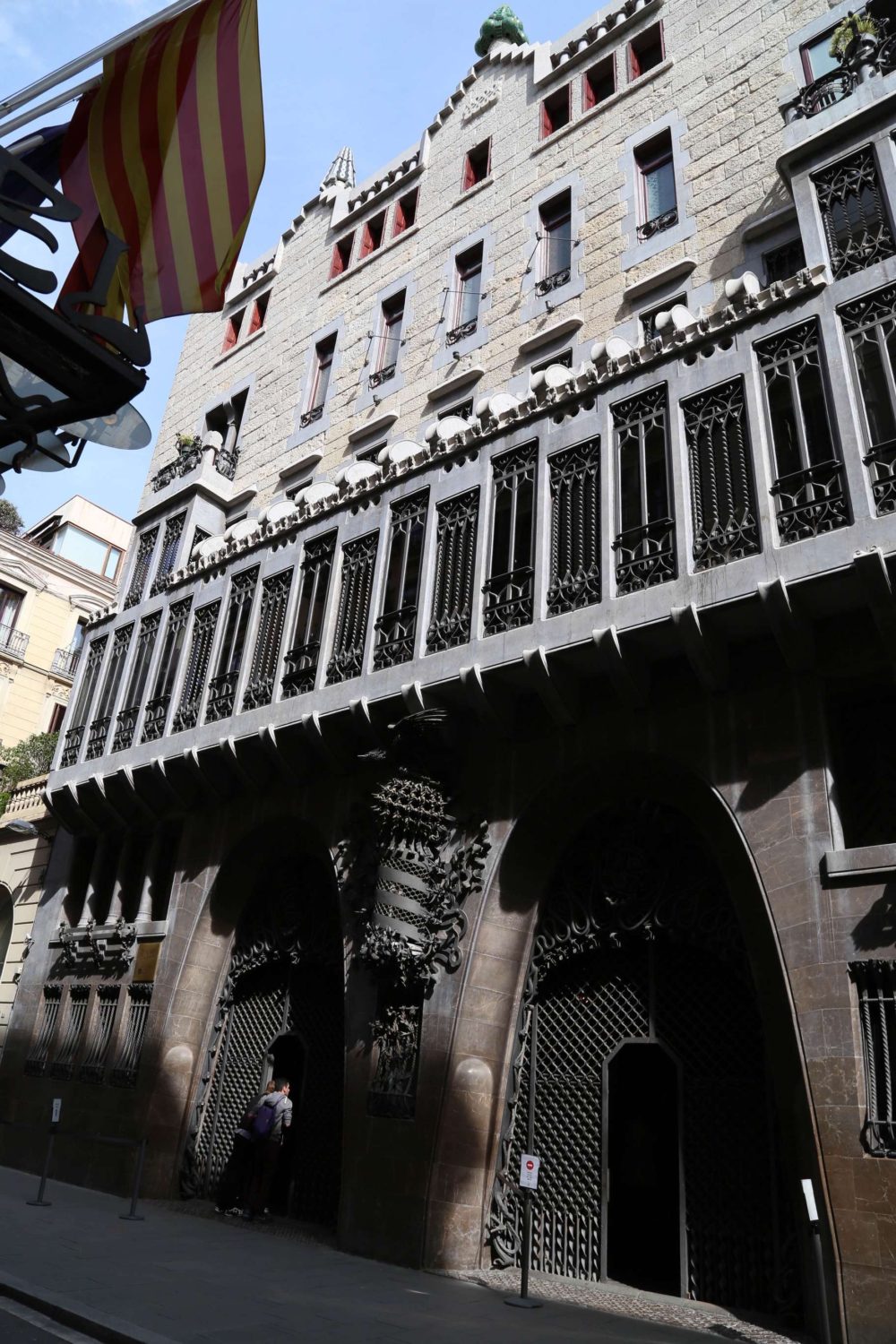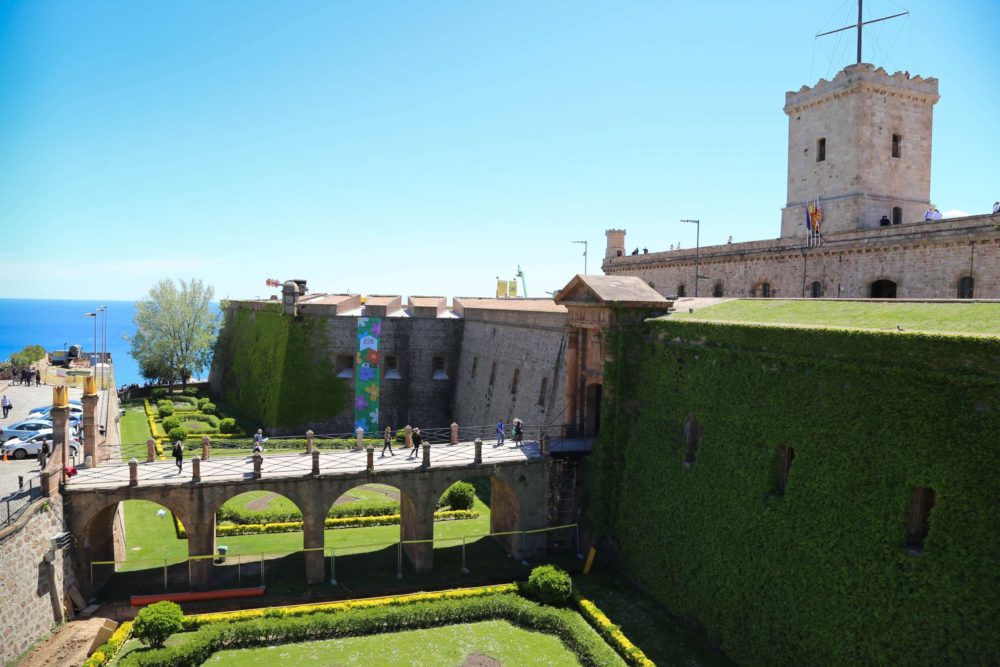The wellspring of knowledge is a source point where humanity seeks answers and inspiration. Science, art, and human endeavor advance when passionate seekers draw forth the water of knowledge. One man, Miguel de Cervantes Saavedra slaked his thirst in 1605 and again in 1615, and in the process, he produced one of history’s greatest works of literature, commonly known as The Ingenious Nobleman Sir Quixote of La Mancha (or as it is known in Spanish, El Ingenioso Hidalgo Don Quijote de la Mancha).
Beyond credit for creating one of world literature’s monumental works, Cervantes is lauded for inventing the modern novel, he is Spain’s greatest writer, and he set a standard for writing and storytelling that endures to this day. Quite an achievement, considering Cervantes did not come from wealth, nobility, or academia. In fact, Cervantes was born in a small town northeast of Madrid, Alcala de Henares, and his working career was marked by periods as a tax collector, incarceration as a debtor and also a prisoner of war. It is thought the germ of his idea for Don Quixote (as it is universally known), came to him while he was in prison during part of his military service.
